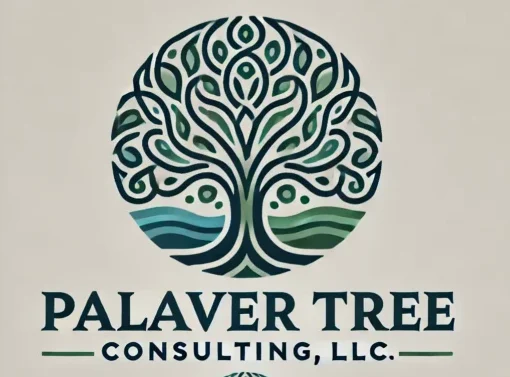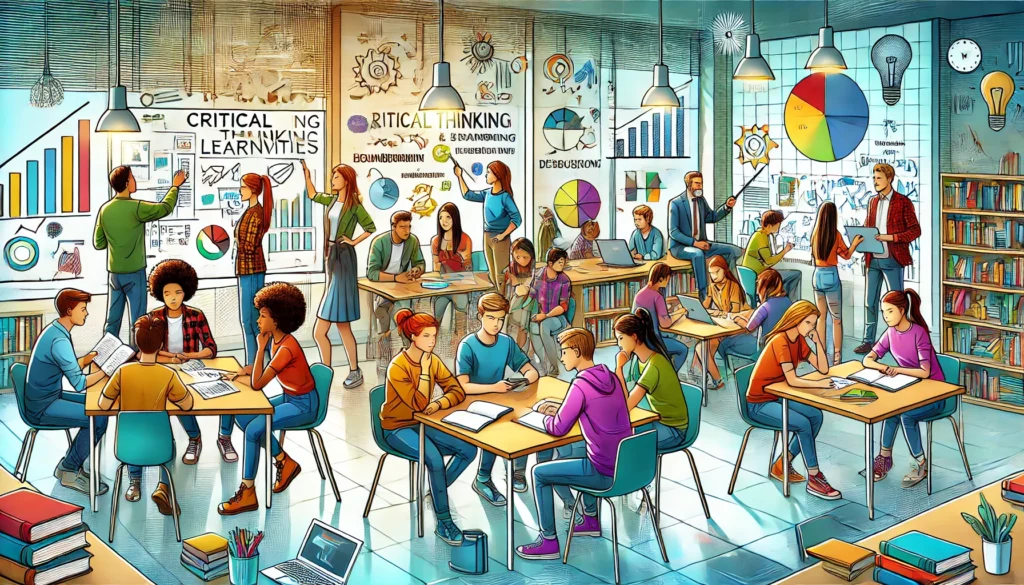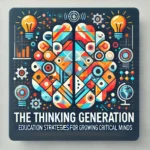Transforming Youth Engagement through Tailored Strategies
In today’s rapidly evolving world, engaging young individuals requires a multifaceted and personalized approach. Tailored strategies play a crucial role in fostering active participation among youth, providing them with the tools they need to navigate challenges effectively. Consulting services focused on youth growth are essential in identifying unique needs that vary among different groups of young people. These strategies not only empower youth but also enable them to become active contributors to their communities.
One effective method is to conduct workshops that encourage collaboration, creativity, and critical thinking. By creating an environment where young individuals can voice their ideas and opinions, organizations foster a sense of ownership over their initiatives. For instance, in a consulting program aimed at urban youth, facilitators employed community mapping exercises. This technique allowed participants to visualize and discuss their surroundings, identifying both the challenges they faced and the resources available to them. Such practical engagement can lead to the development of community improvement plans driven by the youth themselves.
Another successful practice involves establishing mentorship programs that connect young individuals with established leaders in various fields. These mentorship opportunities provide guidance, support, and a model for success, helping youth to navigate their aspirations. For example, a high school mentorship initiative that paired students with local entrepreneurs resulted in increased student engagement and interest in business careers. This not only benefited the students but also enriched the broader community by cultivating the next generation of responsible leaders.
Creating supportive environments is integral to enhancing youth engagement. By recognizing the diverse backgrounds and circumstances of young people, consulting services can tailor their strategies to ensure inclusivity. When young individuals feel valued and understood, they are more likely to engage in constructive dialogues and commit to positive change within their communities. Overall, personalized engagement strategies are vital to nurturing future leaders who are empowered to make meaningful contributions.
Fostering Critical Thinking Skills for Lifelong Success
In today’s rapidly evolving world, fostering critical thinking skills in youth has become increasingly vital to their future success. The ability to analyze information, solve complex problems creatively, and make informed decisions lays the groundwork for young individuals to navigate challenges effectively. Innovative educational strategies can be employed by consultants to create an environment that nurtures these essential skills, preparing youth for the uncertainties of the future.
One effective methodology is inquiry-based learning, where students are encouraged to ask questions, conduct research, and explore topics in depth. This approach promotes active engagement, prompting young learners to think independently and critically. By analyzing real-world problems and exploring various perspectives, youth develop the capacity to evaluate information critically, fostering a mindset conducive to continuous learning and adaptation.
Another approach is through collaborative projects, which encourage teamwork and communication among peers. Working in groups allows students to share ideas, challenge assumptions, and collectively devise solutions to problems. This not only enhances their critical thinking abilities but also cultivates social skills and emotional intelligence. When youth engage in constructive discussions and collaborative reasoning, they learn to appreciate diverse viewpoints and develop a more nuanced understanding of issues.
Furthermore, integrating technology in educational settings can enhance critical thinking skills. Utilizing digital tools, such as simulations and interactive platforms, allows students to experiment, test hypotheses, and reflect on their learning experiences. This hands-on approach equips them with analytical tools that are essential in today’s data-driven society.
In summary, cultivating critical thinking skills in youths through innovative educational strategies not only enhances their academic performance but also supports their personal and professional development. By implementing methodologies like inquiry-based learning and collaborative projects, consultants can equip young individuals with the essential tools needed to thrive in an increasingly complex world.



